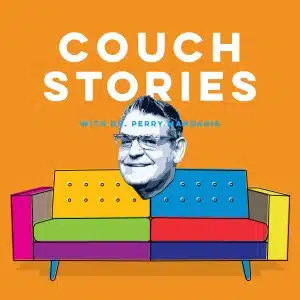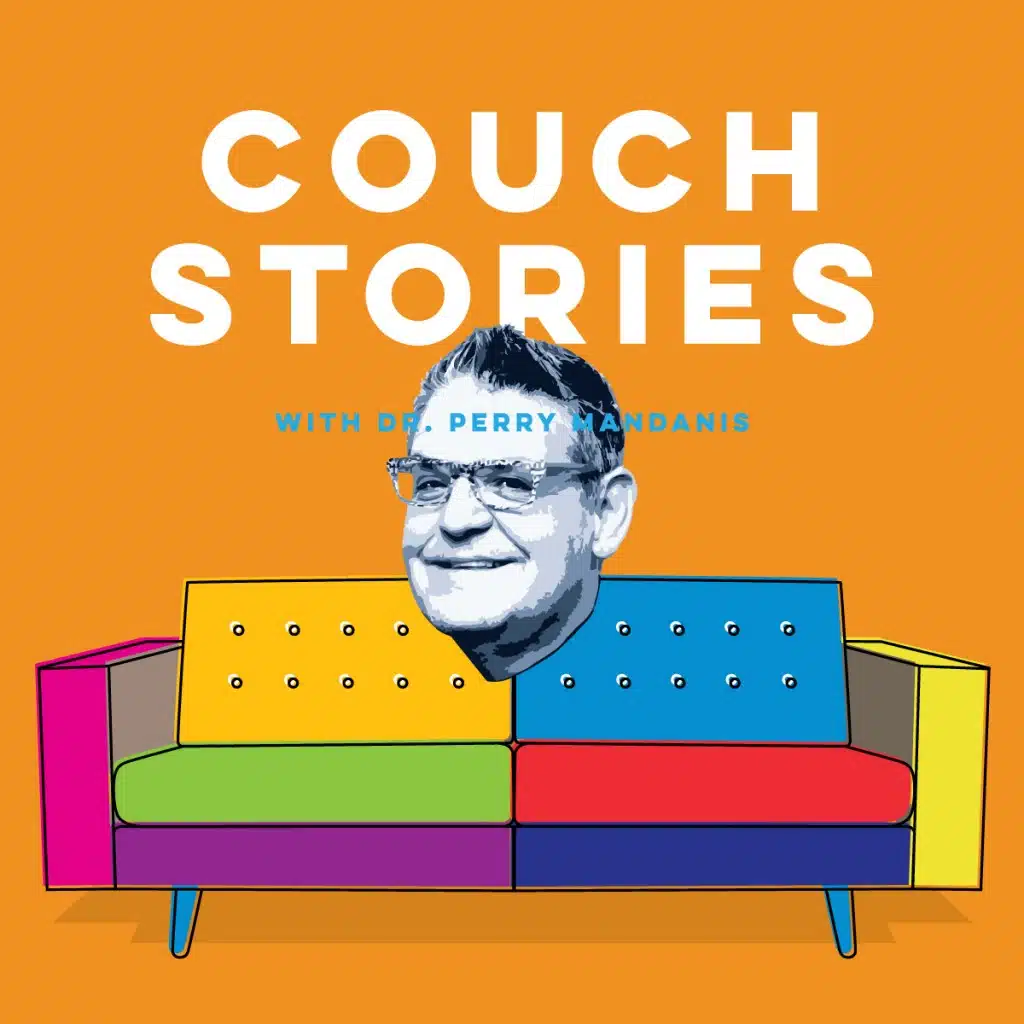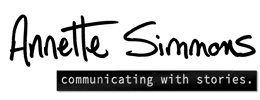
How telling my own #metoo story helped me build resilience.

Facebook
Twitter
LinkedIn
Email
Print
Annette Simmons
Annette Simmons has travelled internationally while working with government, business, religious, and educational organizations. Her ability to deliver practical, easily implemented solutions when groups were antagonistic or deadlocked has gained her an international reputation in group dynamics.

3 thoughts on “How telling my own #metoo story helped me build resilience.”
OMG! What a story.
My first thought was he should have been kicked in the crotch, then you take his flashlight and shine it on his crotch and say, “Sorry, I tried to slap your face but I couldn’t tell which head of the dick was which.” But that’s just me. I have a whole history of confronting abusive power directly often to my detriment. I’m just more of a, “Oh yeah? Watch this.” person. I’ve tried to learn to be more patient over time and look for a win-win, but when there isn’t one obviously available, I go for mutually assured destruction. It’s part of my OCEAN traits I try to work on. There’s a time to be Angry Elf and a time to be Care Bear. The trick is knowing which is which. I think Care Bear is usually the better approach, but occasionally a cold cup of revenge is rewarding. I think the hardest part of resilience is not blaming yourself. And you’re right, shame is a powerful force.
I suspect that is why I made “Drive Despair Out” central to the leadership paradigm I wrote about. Where despair is the opposite of love and the shutdown button on your soul. When you get hit hard enough by life, you cannot prevent despair, but resilience is the mechanism by which love can overcome despair. Sometimes it takes a long while for that to occur. But it is always better when it does.
Good luck with the MBAs. They have no idea how powerful the tornado they are tackling will be. Or as Mr. T would say, “I pity the fool.”
Steven, you make a great point that “resilience is the mechanism by which love can overcome despair.” Thanks for your comments! I always love hearing from you. Although, from my personal experience as a woman, I feel like have to be much more careful about being the “angry elf” than men do. I try to ward off my expressions of anger to avoid offering myself up as a target to the small but deadly subset of men who like to dominate (and humiliate) women. Just being confident can activate their hunting instincts. Being a powerful tornado gets me crucified. But rest assured, I have a new game plan for engagement.
Annette,
Thank you for your kind words and for sharing your a brave story that helped so many. I’m grateful to call you friend.
I’m a newbie (is that still a thing?) in my first active day resurrecting an old profile on LinkedIn – bam, I discover your profile and Couch Stories recommendation.
Perry